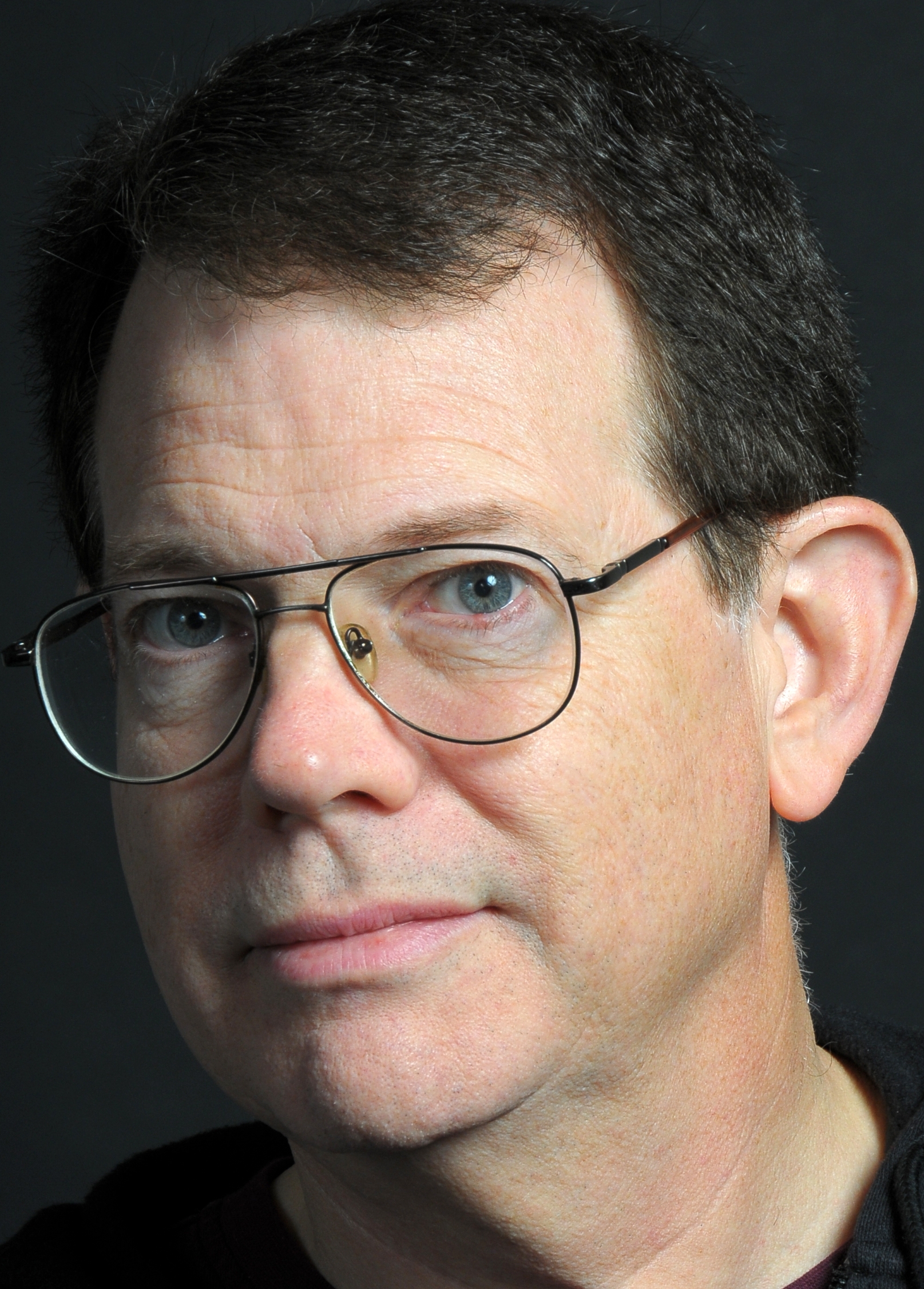Passing
 I can’t say that I ever saw her at her best. To me, she was always mildly befuddled, having left half her personality behind her in better times, when she still had a husband and still recognized her children. I did see her worst: as she lay there, eyes closed, simulating sleep. But this was a sleep from which she would not awake. It was part of my job to tell her daughter that her mother had “passed” that morning.
I can’t say that I ever saw her at her best. To me, she was always mildly befuddled, having left half her personality behind her in better times, when she still had a husband and still recognized her children. I did see her worst: as she lay there, eyes closed, simulating sleep. But this was a sleep from which she would not awake. It was part of my job to tell her daughter that her mother had “passed” that morning.
It is not my point to cavil about the euphemism: yes, I said “passed” instead of “died” because most people expect you to use softer words – as if softening the words would make any difference in the fact. The Ancient Greeks had always had a way with words: the English word euphemism comes from Greek roots meaning “words of good omen” (ευφημία; i.e., eu (ευ), "good/well" + pheme (φήμι) "speech/speaking").
So “good speaking” is how we moderns tell one another that the woman who reared and nurtured us will no longer be available to us. And while I did not offer the false consolation of a happy afterlife, I could offer the sympathetic understanding of a man who had lost his own mother quite suddenly, ten years ago this December. Of course, it’s never enough. We humans do hold on to each other tenaciously. But there is usually a next generation to carry on, if not in the flesh, then in the memory.
It’s kind of like how we hold on to cherished ideas – even when they have passed away into uselessness. I had always wondered why certain religious types were so resistant to new ideas, even and perhaps especially ideas that challenge ideas we have grown up accepting, often without question. Take the Theory of Evolution, for example: the science is as settled as any science can be, yet a substantial portion of the population in the U.S. vies with the third world in its resistance to an idea that challenges the faith of their fathers.
Or how about global climate change? Again, settled science unsettles the comfortable ideas of childhood, and the child who is father to the man refuses to grow into new evidence – to resist evidence altogether that the world is warming and we cannot depend on God to fix it. It’s as if some brains are wired a certain way – as if some minds are prehensile, grasping new information with anything from alacrity to zeal, and some minds will not only resist new evidence but, like a turtle retreating into its shell, hunker down and weather the onslaught of evidence in reverse proportion to its veracity.
Old ideas pass like gallstones: and sometimes the old ideas don’t pass until we do. In the 19th century, before everybody accepted the germ theory of disease, washing hands before surgery or assisting in childbirth was a laughable exercise in excess. Nobody believed in a direct relationship between cleanliness and the prevention of life-threatening infection. But it wasn’t until the old guard actually died off that basic sanitary precautions we consider obvious today could be accepted as standard procedure.
This applies as well to our political ideas: Slavery was once accepted; now it is reviled. What changed? Only the law, the political landscape – and the people who accepted the idea died off. We typically refuse to let old ideas die, even when the bright ideas of the future beckon. One generation has to pass before a new generation can be reared with new ideas. Comfortable old ideas, like comfortable old shoes, die with difficulty, not dignity.
As Dr. Gregory House once said about death with dignity: “There’s no such thing. Our bodies break down. Sometimes when we’re 90. Sometimes before we’re even born. But it always happens and there’s never any dignity in it. [...] It’s always ugly. Always. We can live with dignity. We can’t die with it.”
I know House was talking about human beings, but the thought could also apply to ideas. It may even apply to live Internet radio shows. What matters is not how we die but how we lived. If we are confident that we have lived with dignity, that we have fought the good fight, even in this tiny corner of cyberspace, we can be confident that someone, somewhere, thinks it was worth it. Someone will carry on. The flesh passes quickly; the idea, especially if it is a good one like freedom and liberty for all, not so fast.
I don’t believe in God, but I do believe in things greater than myself.
To hear an audio version of this Reflection, click on this link: Passing

